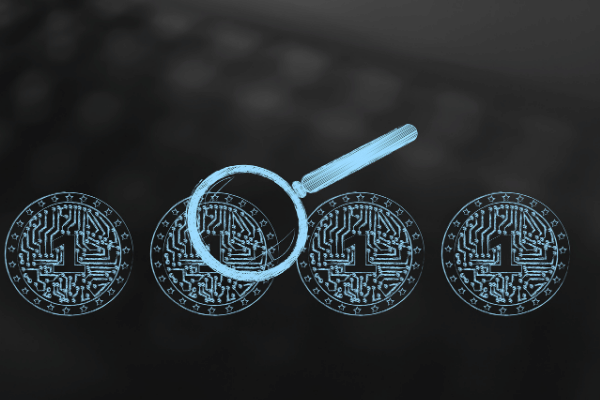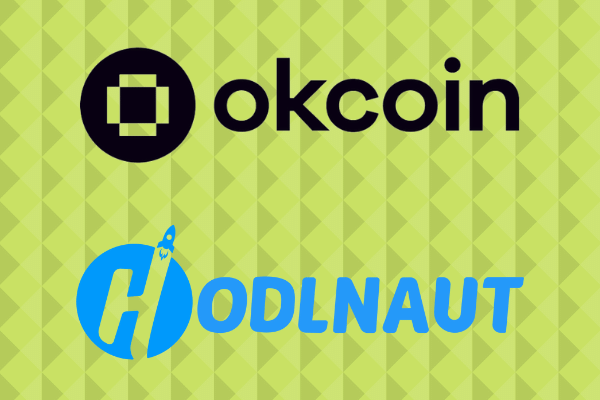
- Cardano’s spectacular rise this year has some investors, including institutional names, wondering if they should be looking more closely at the cryptocurrency
- Cardano has been around since 2015, but development on the blockchain has been minimal at best, making it more speculative akin to betting on GameStop (+3.24%)
As Bitcoin and Ether soar to new price highs (Ether is still off its all-time-high but may change by the time you read this), even the alleged crypto-savvy are turning to the “wisdom of the crowds” to find opportunities in other cryptocurrencies.
Last week, Galaxy Digital’s Mike Novogratz took to Twitter (-0.47%) to ask his followers to explain the use cases for Cardano and whether it’s worth considering.
Cardano, a privacy-focused cryptocurrency that crucially uses a “proof-of-stake” method to secure its blockchain has boomed in recent months.
“Proof-of-stake” has been touted as the way forward for cryptocurrencies because it allows blockchains to be secured without having to rely on the (allegedly wasteful) practice of mining cryptocurrencies using purpose-built computers that soak up a lot of electricity.
As more investors, especially institutional investors start wading into Bitcoin, software billionaire Bill Gates has pointed out how Bitcoin could be environmentally damaging, because of its massive electricity consumption to secure its blockchain, and could hurt the ESG (Environmental, Social and Corporate Governance) sensitivities of many institutional investors.
And supporters of Cardano have been using that as the basis for pushing it higher.
Cardano is up more than sixfold since last December, outpacing the rise of many other cryptocurrency rivals, yet it still lacks many functionalities available on its more established rivals.
But as demonstrated by GameStop shares this past year, that shouldn’t matter with Cardano attracting loyal fans on Reddit who have helped push the cryptocurrency to dizzying heights.
Despite an upgrade in March this year, Cardano, which has been around since 2015 (a lifetime by cryptocurrency standards), still can’t run many of the most popular applications such as decentralized finance or DeFi, that it’s older cousin Ethereum can.
And even smart contract functionality, which Ethereum has been running for some time now, is still a work in progress.
Cardano previously peaked in early 2018, at the height of the cryptocurrency boom and crashed spectacularly soon after.
Despite being billed as a “better Ethereum,” it’s an unfair and perhaps unwise comparison.
Ethereum is leaps and bounds ahead of Cardano, being the default blockchain for stablecoin usage and with innovations from DeFi to non-fungible tokens or NFTs, which has been making waves in the digital (and physical) art world.
The problem with alternatives though, is that Ethereum already enjoys huge network effects – everyone is on it.
And Ethereum’s core developers are also working towards creating a new fee system that will effectively put a cap on network fees which have long been the bugbear of Ethereum’s users and application developers.



